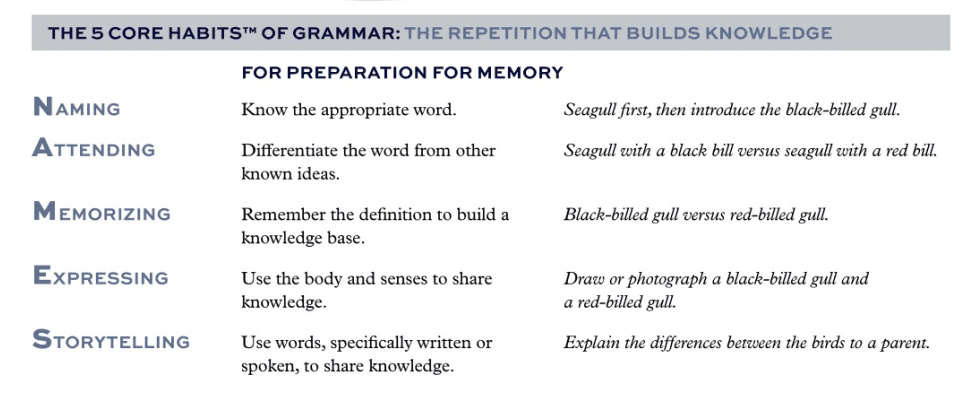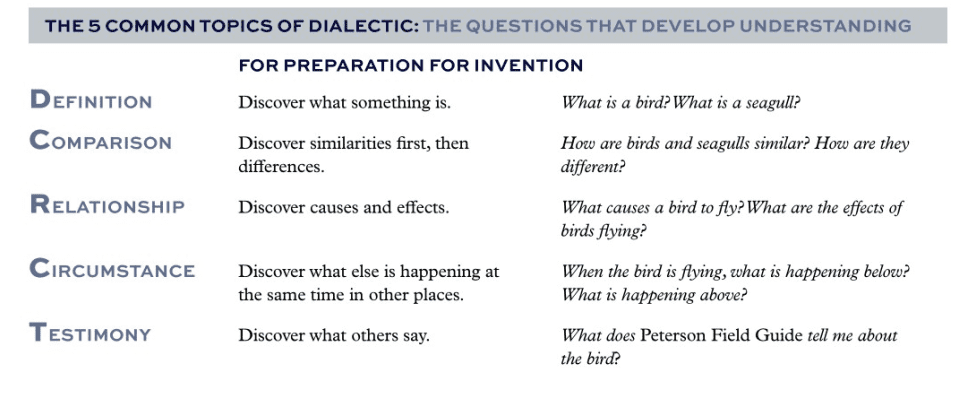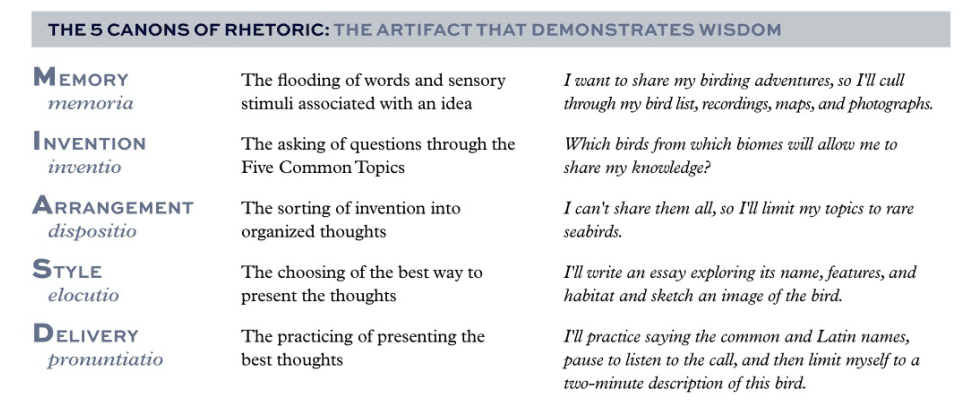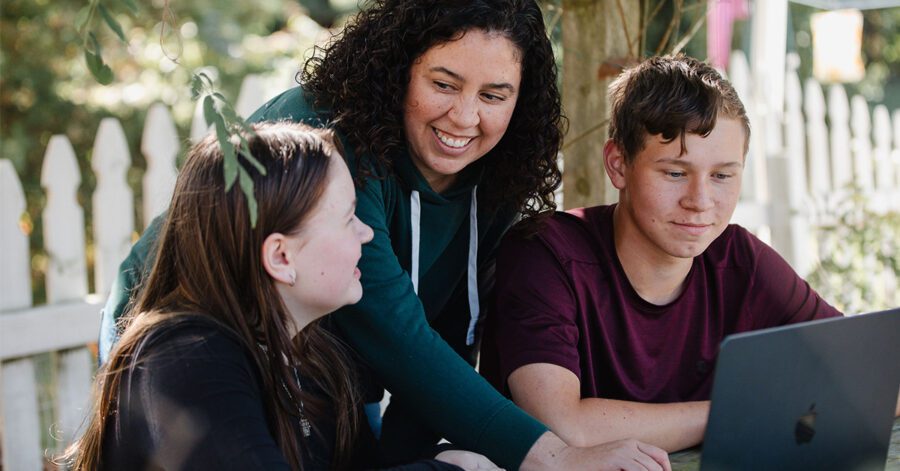The 15 classical skills are the Five Core Habits of Grammar, Five Common Topics of Dialectic, and Five Canons of Rhetoric, which teach students how to learn anything for life.
Most homeschool parents feel overwhelmed when they encounter terms like “trivium” or “dialectic” in classical education materials, wondering if these ancient methods could possibly work for their modern children. The challenge runs deeper than unfamiliar vocabulary—today’s educational system teaches isolated facts without developing thinking skills, leaving students unprepared for lifelong learning.
Dorothy Sayers warned, students “learn everything, except the art of learning.”
Yet for over a millennium, these 15 classical skills equipped brilliant minds like Augustine, Aquinas, and countless medieval scholars to master any subject they encountered. Classical Conversations has organized these time-tested learning principles into fifteen practical skills that any parent can understand and implement, transforming education from memorizing facts to mastering the art of learning itself.
Students who develop these Classical Conversations skills of learning become confident thinkers who can tackle complex problems systematically, ask thoughtful questions, and communicate their discoveries with clarity—not just during their school years, but throughout their entire lives.
Why Classical Education Skills Matter for Homeschool Families
Modern education often resembles a factory assembly line—students move through predetermined stations, collecting isolated facts without learning how to connect them meaningfully. Dorothy Sayers observed this crisis decades ago in her influential speech “The Lost Tools of Learning,” noting that students “learn everything, except the art of learning.”
The 15 classical skills offer a different path. Rather than stuffing children’s minds with disconnected information, these skills teach students how to learn anything. Whether your child encounters advanced mathematics, foreign languages, or complex theological concepts later in life, these classical skills of learning provide the framework for mastery.
Understanding the Trivium: Grammar, Dialectic, and Rhetoric Arts
The trivium forms the backbone of classical education, organizing learning into three progressive arts that align with how children naturally develop. Each art encompasses five specific skills, creating our comprehensive set of 15 classical skills.
Grammar Arts: Building Strong Foundations
Grammar, in classical terms, extends far beyond sentence structure. It encompasses the fundamental vocabulary and facts of any subject—the building blocks that make advanced learning possible. You cannot discuss photosynthesis without understanding chlorophyll, just as you cannot appreciate Shakespeare without grasping basic poetic devices.
The five skills within the grammar arts teach students:
1. Naming – Developing Vocabulary Through Interaction
Every field of knowledge has its own language. In music, we distinguish between quarter notes and half notes. In geography, we differentiate mountains from hills. Naming develops the ability to identify and use accurate terminology—the foundation of all learning.
2. Attending – Differentiating Details Through Sensory Focus
In our distraction-filled world, the ability to attend deeply to one thing becomes precious. This skill trains students to notice details, compare similarities and differences, and maintain concentration on the task at hand.
3. Memorizing – Retaining Knowledge Through Repetition
Memory isn’t old-fashioned—it’s fundamental. Students who memorize poetry develop linguistic intuition. Those who commit mathematical facts to memory free their minds for higher-level problem solving. This skill builds the mental warehouse from which all future learning draws.
4. Expressing – Demonstrating Ideas Through Activity
When people gain new knowledge, they are bursting to share it with others. Expressing is the activity of making something–a song, painting, sculpture, etc.–to share their knowledge with others.
5. Storytelling – Recounting Events Through Narration
Humans are storytelling creatures. This skill develops the ability to organize information into compelling narratives, making knowledge memorable and meaningful for both speaker and listener.

Learn more about The Five Core Habits of Grammar
Dialectic Arts: Developing Critical Thinking Skills
As children mature, they naturally begin questioning what they’ve learned. The dialectic arts channel this curiosity into systematic thinking skills. Rather than accepting information passively, students learn to evaluate, analyze, and reason through complex ideas.
The Five Common Topics: Classical Education Skills for Analysis
These five skills guide students through a thorough examination of any topic:
1. Definition – Exploring What Something Is
Before discussing anything meaningfully, we must define our terms. This skill teaches students to seek clear meanings and recognize when vague language obscures understanding.
2. Comparison – Exploring Similarities, Then Differences
Learning accelerates when students connect new information to familiar concepts. This skill develops the ability to identify similarities and differences, creating bridges between known and unknown territory.
3. Relationship – Exploring Connections with Respect to Time
Nothing exists in isolation. This skill helps students trace connections, understand consequences, and recognize the intricate relationships between the Creator and the His creation.
4. Circumstance – Exploring Possibilities and Limitations
Understanding when and where something occurs often proves as important as understanding what occurs. This skill develops sensitivity to historical, cultural, and situational factors that shape meaning.
5. Testimony – Exploring Credible Sources
In an information-saturated age, the ability to evaluate sources becomes crucial. This skill teaches students to weigh evidence, consider credibility, and distinguish reliable testimony from mere opinion.

Discover Practical Application for the Five Common Topics of Dialectic
Rhetoric Arts: Practicing Persuasive Communication
The rhetoric arts complete the classical education journey by teaching students to communicate their discoveries persuasively and beautifully. These classical skills of learning transform students from passive recipients of information into active contributors to human knowledge and discourse.
The Five Canons: Ancient Skills for Modern Communication
1. Memory – Recalling Experiences
Students should search their memory and draw on past knowledge and experiences as they prepare to write an essay or a speech. They explore what they know before moving to invention, where they invent new ideas by researching.
2. Invention – Exploring Ideas
Where do good ideas come from? This skill teaches students to systematically explore topics using the dialectic arts, generating fresh insights and original perspectives.
3. Arrangement – Organizing Thoughts
Random thoughts don’t persuade anyone. This skill develops the ability to organize ideas logically, creating clear pathways for readers and listeners to follow.
4. Elocution – Choosing a Style
Different occasions call for different approaches. This skill teaches students to match their communication style to their purpose, whether writing a formal essay or delivering a casual presentation.
5. Delivery – Presenting Artifacts
The best ideas fail without effective delivery. This skill encompasses voice, gesture, timing, and all the elements that transform good content into memorable communication.

Curious to learn more about the Five Canons of Rhetoric?
Implementing Classical Education Skills for Homeschool Success
Many parents feel intimidated by these concepts, wondering if they possess the expertise to guide their children through such sophisticated learning. Here’s the encouraging truth: you don’t need to be an expert in every subject to teach these skills effectively.
Starting with Grammar Arts in Daily Life
Begin by incorporating naming and attending into everyday activities. When cooking dinner, have your child name ingredients and attend to measurements. During nature walks, practice naming plants and animals while attending to seasonal changes. These simple practices build foundational skills naturally.
Developing Dialectic Arts Through Conversation
Family discussions provide perfect opportunities for dialectic practice. When your child makes a claim, gently guide them through the five common topics: “Can you define what you mean? How does this compare to what we discussed yesterday? What might cause that result?”
Encouraging Rhetoric Arts Through Presentation
Create low-pressure opportunities for your children to practice the rhetorical arts. Family devotions, show-and-tell presentations, or explaining a hobby to grandparents all develop these crucial communication skills.
The Lifelong Impact of Classical Learning Skills
These 15 classical skills extend far beyond academic success. Students who master these abilities become adults who think clearly, communicate effectively, and continue learning throughout their lives. They confidently approach new challenges, knowing they possess reliable methods for understanding and mastering unfamiliar territory.
Consider the mother who uses dialectic skills to analyze competing grocery options, or the businessman who employs rhetorical arts to present proposals persuasively. These classical skills of learning prepare students not just for tests, but for life.
Embracing the Journey with Confidence
Perhaps you’re reading this and feeling overwhelmed by the scope of classical education. Remember: these skills develop gradually over years, not weeks. Your role as a homeschool parent isn’t to be perfect, but to be faithful—faithful to provide rich experiences, ask thoughtful questions, and model lifelong learning.
The trivium arts have guided human learning for centuries because they align with how God designed our minds to work. Grammar builds knowledge, dialectic develops understanding, and rhetoric enables wisdom to flow out in service to others.
Your homeschool journey may feel challenging some days, but you’re not walking this path alone. Classical Conversations provides community, resources, and encouragement as you guide your children toward wisdom and spiritual maturity.
Your homeschool journey is cultivating a legacy?
Moving Forward with Purpose
The 15 classical skills offer more than educational methodology—they provide a vision for human flourishing. When children learn to think clearly, reason carefully, and communicate beautifully, they’re equipped to serve God and their neighbors with excellence.
These classical education skills for homeschool families represent an investment in your child’s future that compounds year after year. Start where you are, use what you have, and trust the process. The trivium arts have shaped great minds throughout history, and they’re ready to shape your child’s mind as well.
Develop your Classical Skills of Learning with these resources:
- Simple Homeschooling: Focusing on the Art of Grammar
- Rest in the Midst of Wrestling (The Five Common Topics of Dialectic)
- Defining Rhetoric




